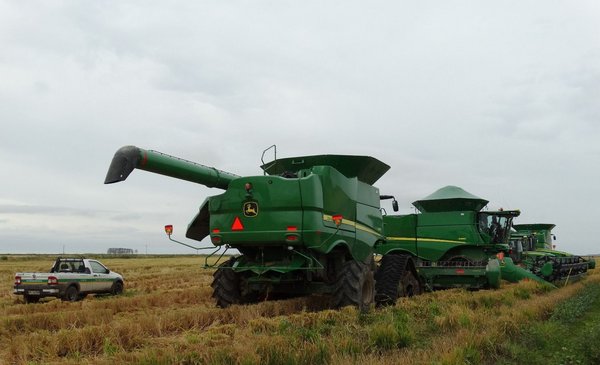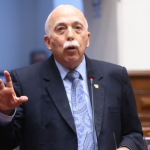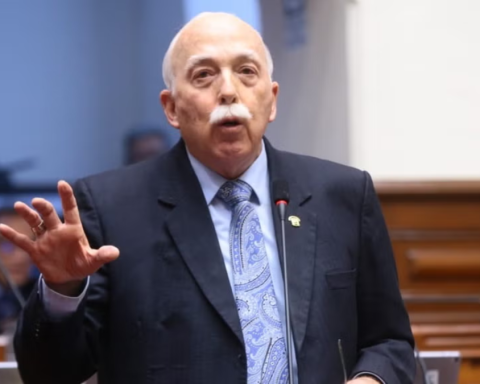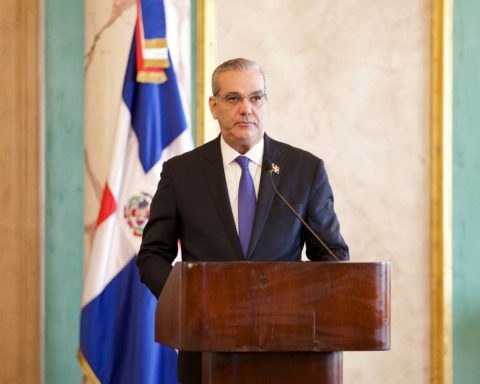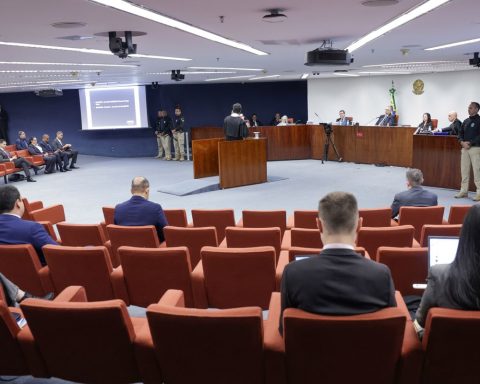The decision of the Executive Branch to lower the price of gasoline for the second consecutive month and leave the value of a liter of diesel unchanged was questioned by Alfredo Lagopresident of the Rice Growers Association (ACA).
This Thursday The Observer reported that the Executive Branch decided that the value of gasoline will drop from this Saturday, October 1, $3 per liter at the pump will become cheaper, 3.9% (from $77.88 to $74.88), once the price of common diesel remains unchangedat $64.99 per liter.
Lago admitted that there is a trend in the world of narrowing the gap between the values of gasoline and diesel, but pointed out that the decision at the local level, which also follows the same one adopted at the beginning of this month, “not justified”.
He explained that the decision of the Executive Branch continues to be based on a report by the Regulatory Union of Energy and Water Services (Ursea) on Import Price Parity (PPI) that “clearly does not reflect the economic reality of the fuel chain”.
He explained that Ursea’s consideration “is very partial, it is based on an assumption, it is not about the reality of the market and the business, it considers a single origin of oil, a single means of transportation, a single entry into the country of the product, a single refinery site…why not consider the value of oil in other markets or the costs of refineries in the region?”
“We are tied to a too theoretical way of calculating the PPI,” said Lago.
monopoly defense
A reflection that the producer and union leader added is that, “considering that the majority of the political spectrum in parliament was against demonopolizing Ancap, it is obvious, it is logical that they maintain actions to justify maintaining the monopoly, therefore all this it is a structuring, a search for arguments to say that the PPI, even done wrongly by Ursea, means that Ancap is complying and selling at the international market price and therefore there is no reason to repeal that monopoly”.
Lago also said that during this year, when the peso appreciated 8% and the price of crude oil fell, Ancap has benefited and has made profits based on a price calculation system that continues to generate a value for the most expensive diesel in Uruguay than in countries with which national production competes, such as Paraguay and Brazil.
“We are still expensive, there is a competitiveness problem that cannot be solved, more is thought about Ancap accounts and nobody prioritizes the consumer and it does not seem fair to us, not even what was indicated from the LUC, where there is talk of a mandatory report from the Ursea, is not used well, which does not mean that it is something that has to be transferred as is”, he affirmed.
With obvious annoyance, he concluded: “It turns out that when things are not going well for Ancap, the consumer makes an effort and when things are going well too”.
Hopefully the assumption @walterverri If it were true: “exceptional prices”, even so, it would not justify it as an argument to charge us more for diesel. It would be as if the deputy minister from 3/1/20 will be charged more for ties, just because he would have a better income.
– Alfredo Lago (@FreddyLago) September 29, 2022
The weight of diesel in rice
The non-decrease in the value of diesel occurs just when the planting of a new harvest in rice cultivation is being activated, an input that affects at least 10% of the production cost per hectare, about US$ 200 (considering only the productive stage). Diesel oil also affects, and subsequently, the transfer of production from the farm to the mills and from the industrial complexes to the port for export.
